That brutal morning of regret when it was all so hilarious the night before. Hangovers are a mixture of dehydration and symptoms often induced by pressure on the liver - headaches, nausea, exhaustion and low mood.
We all have our go-to hangover recovery routine and there are so many 'cures', but really is the truth?
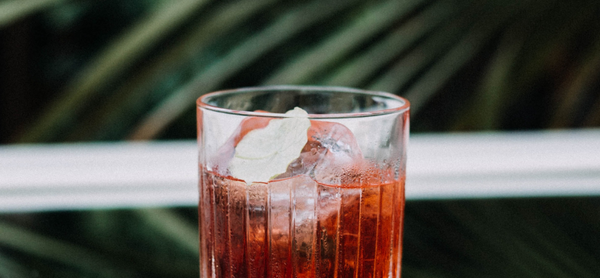
Myth 1: ‘The hair of the dog’ will help your hangover
Truth: This might seem to reduce symptoms, but it is actually just postponing the hangover.
Drinking more the day after is a smokescreen, delaying the full effects of your hangover that will still inevitably hit. Additionally, if you do feel better after more alcohol the day after, there actually may be alcohol withdrawal happening which indicates a sign of addiction.
It is important to give your liver time to process last night's tipples by staying hydrated - this will help prevent dehydration and the headaches it causes. Have a healthy balanced breakfast rich in protein, such as a protein smoothie, porridge or eggs with vegetables.
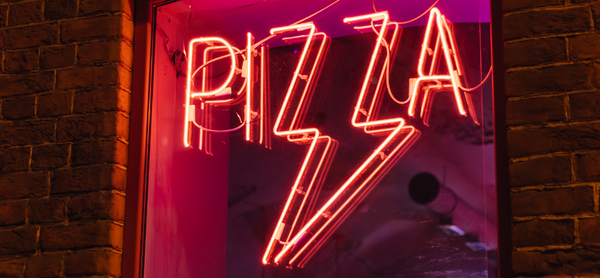
Myth 2: A late night or early morning meal will stave off the hangover
Truth: Yes, food can help with hangovers, but the important factor here is timing. Making sure to eat before or during a night out will help you feel better the next day, but no matter what you eat, an excessive amount of alcohol will still result in you feeling the aftermath.
That said, eating before you start drinking can help to slow down the absorption of alcohol in your body - giving the liver more time to process and remove the nasty toxins that give you that hangover. Alternating glasses of water in between alcoholic drinks will also relieve the pressure on the liver.
A liver-loving supplement such as Cleanse Complex is a great way to support the body's natural detoxification processes to speed up the recovery period.
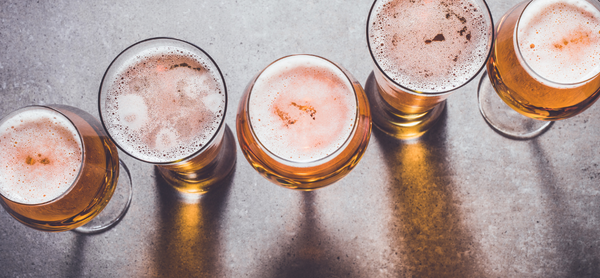
Myth 3: Beer before wine and you’ll feel fine. Or, stick to one type of drink and you won't get hungover
Truth: Your drink choices can affect how you feel the next morning.
Sticking to one type of drink can help you to keep track of volume, and that’s the key here - lose track of how many you’ve had and you’re likely to overconsume.
Some carbonated drinks like Champagne or Prosecco can cause blood alcohol to spike faster, which can influence big changes in blood sugar levels and put increased demand on the liver, worsening the hangover.
Dark liquor drinks like bourbon, dark rum and red wine, contain more congeners (a chemical component) that can lead to a worse hangover.
Avoiding drinks that you know cause digestive upset can make a big difference in how you feel the next day, such as beer, ale or lager as they contain wheat and/or gluten which are common gut triggers.
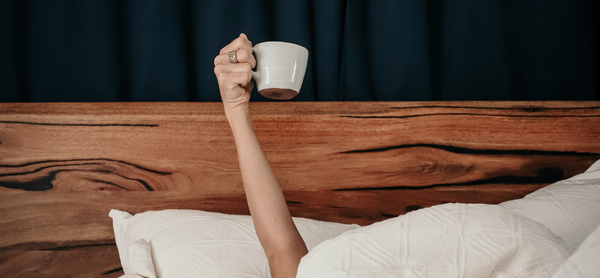
Myth 4: Caffeine = Cure
Truth: Coffee can actually dehydrate you further.
Caffeine is a diuretic, meaning it increases water excretion, dehydrating you even more. Coffee may ultimately worsen a throbbing headache since caffeine reduces swollen blood vessels that play a role in headaches while the alcohol you consumed simultaneously raises your blood pressure.
Rehydrating after a boozy evening is really important to stave off the headaches, nausea, and lethargy we know as a hangover. H20, coconut water or electrolyte drinks all work to hydrate.
If you're wanting a hot drink to soothe a sore head, switching your cup of coffee out for a cup of herbal tea will help to hydrate you whilst providing herbal benefits.
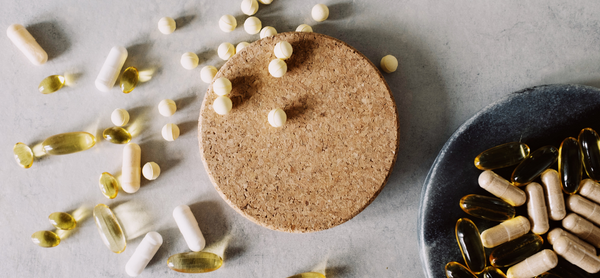
Myth 5: Take B6 to avoid feeling hungover or nauseous
Truth: Alcohol depletes B vitamins
There is no magic pill that is going to cure a hangover or stop you feeling sick the following day. But taking a supplement packed with B vitamins can help to replenish levels and keep your energy levels stable throughout the day.
Magnesium is also a great supplement to take after a night out as it works to relax the body and encourage restful sleep.
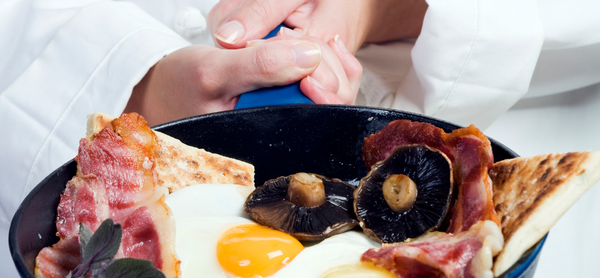
Myth 6: A full English breakfast cures my hangover following a big night out
Truth: Complex carbohydrates and protein can help support our blood sugar levels after a big night out.
Alcohol does lower your blood sugars, which explains why you may feel dizzy or shaky the next day. What your body needs is carbohydrates combined with protein to fuel your brain and provide a boost of steady energy.
Instead of opting for unhealthy fats from greasy foods, and white refined carbohydrates, which results in sugar and energy crashes, try wholewheat, seeded, or rye toast with scrambled eggs and avocado. Or porridge oats with nuts, seeds and fresh or frozen fruit.
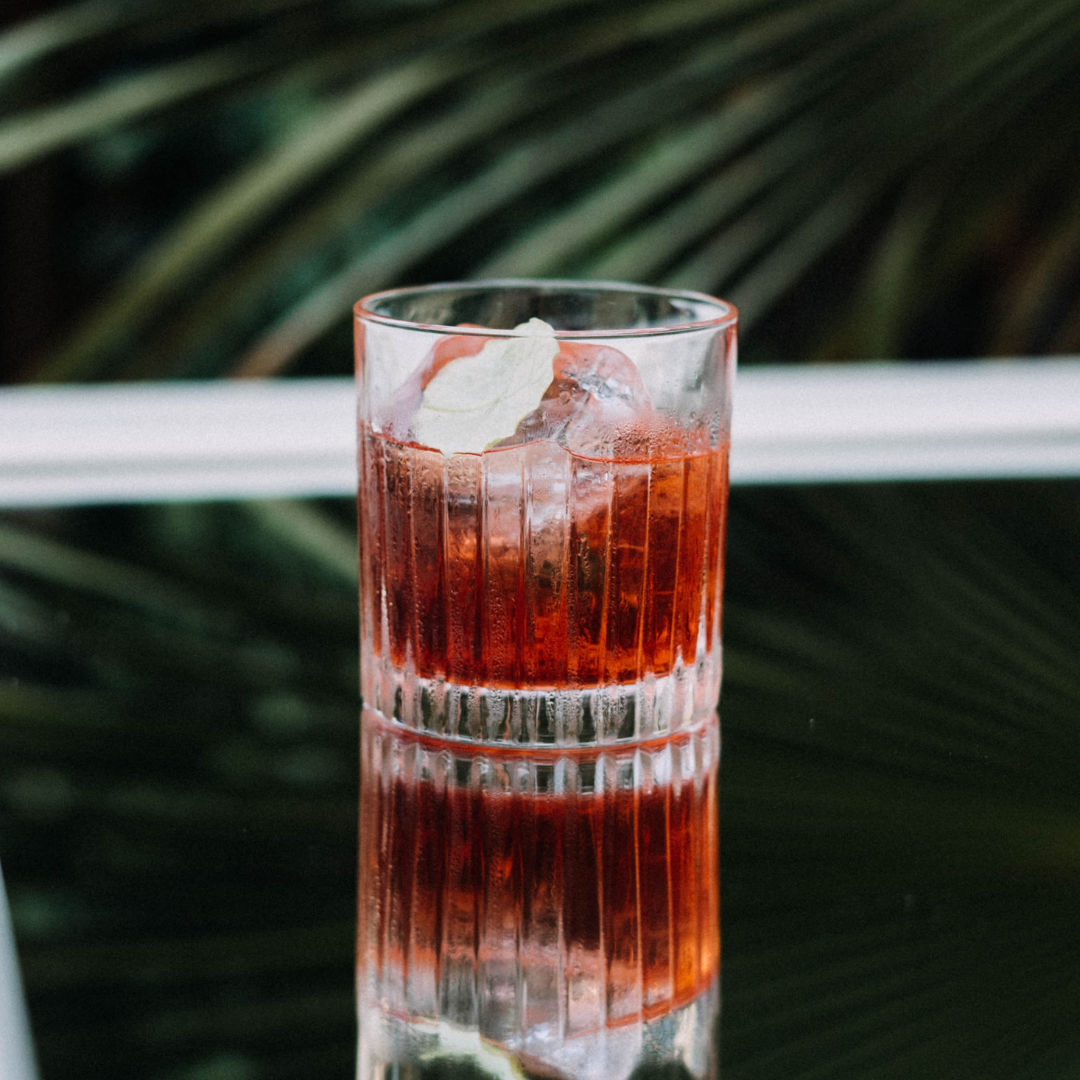
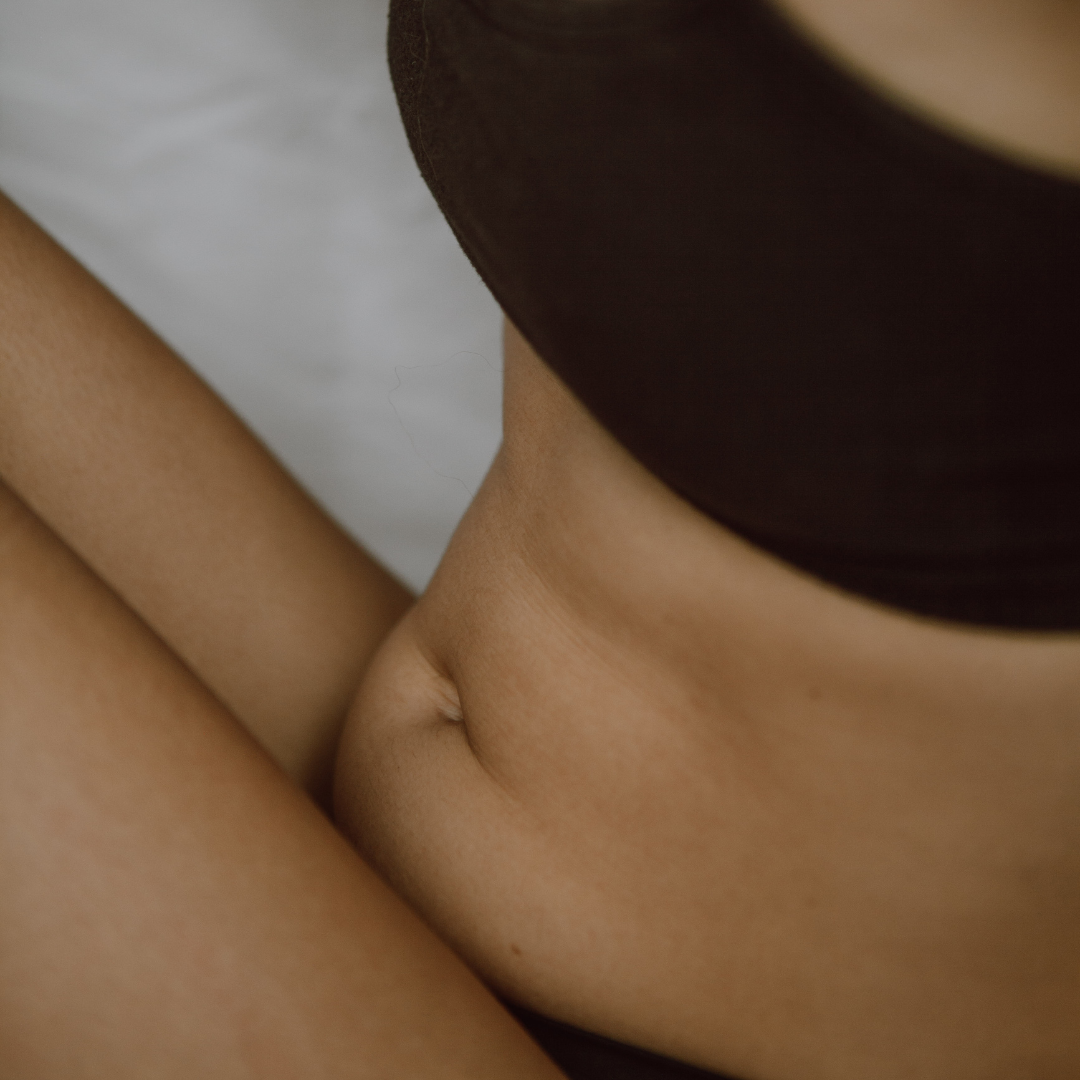
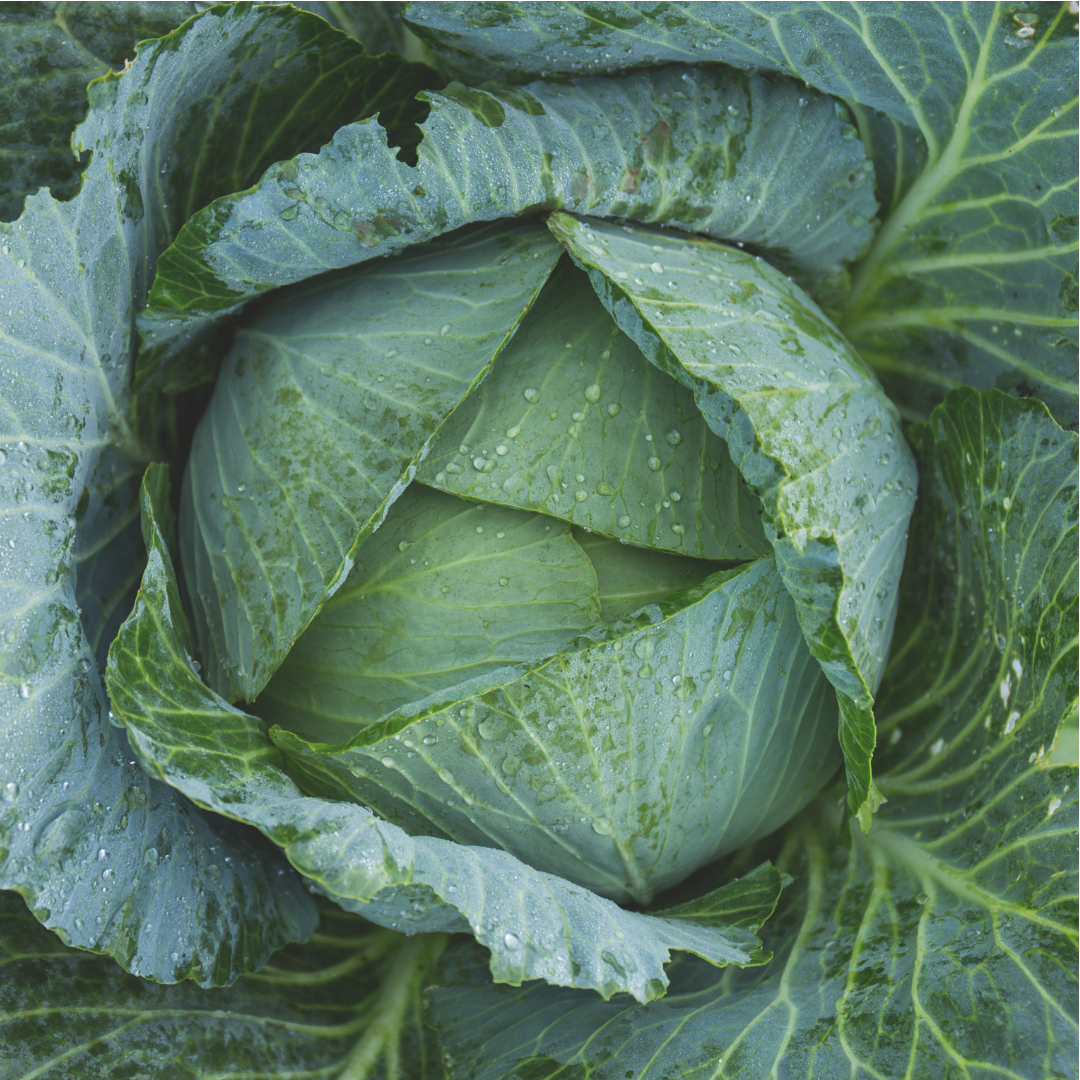
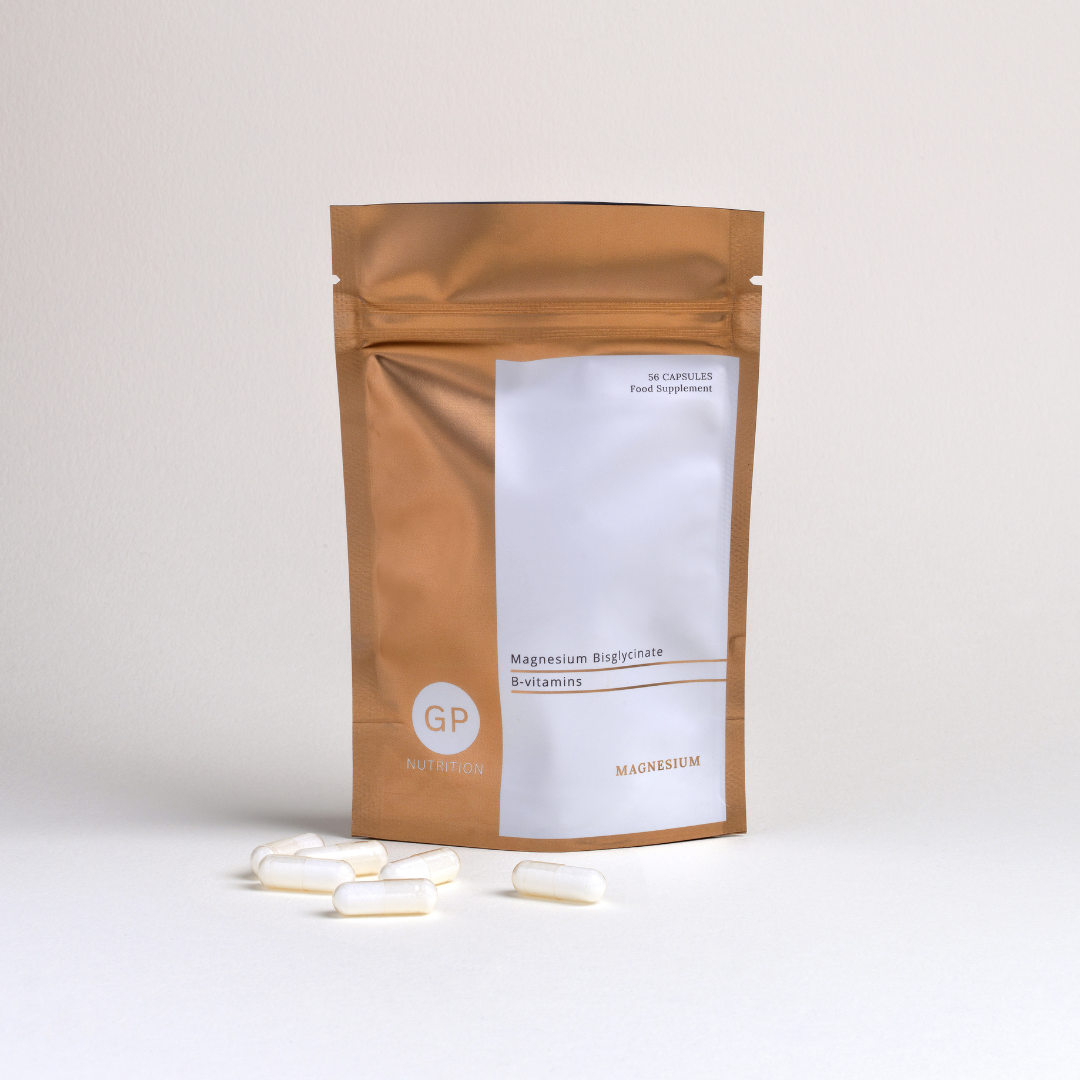
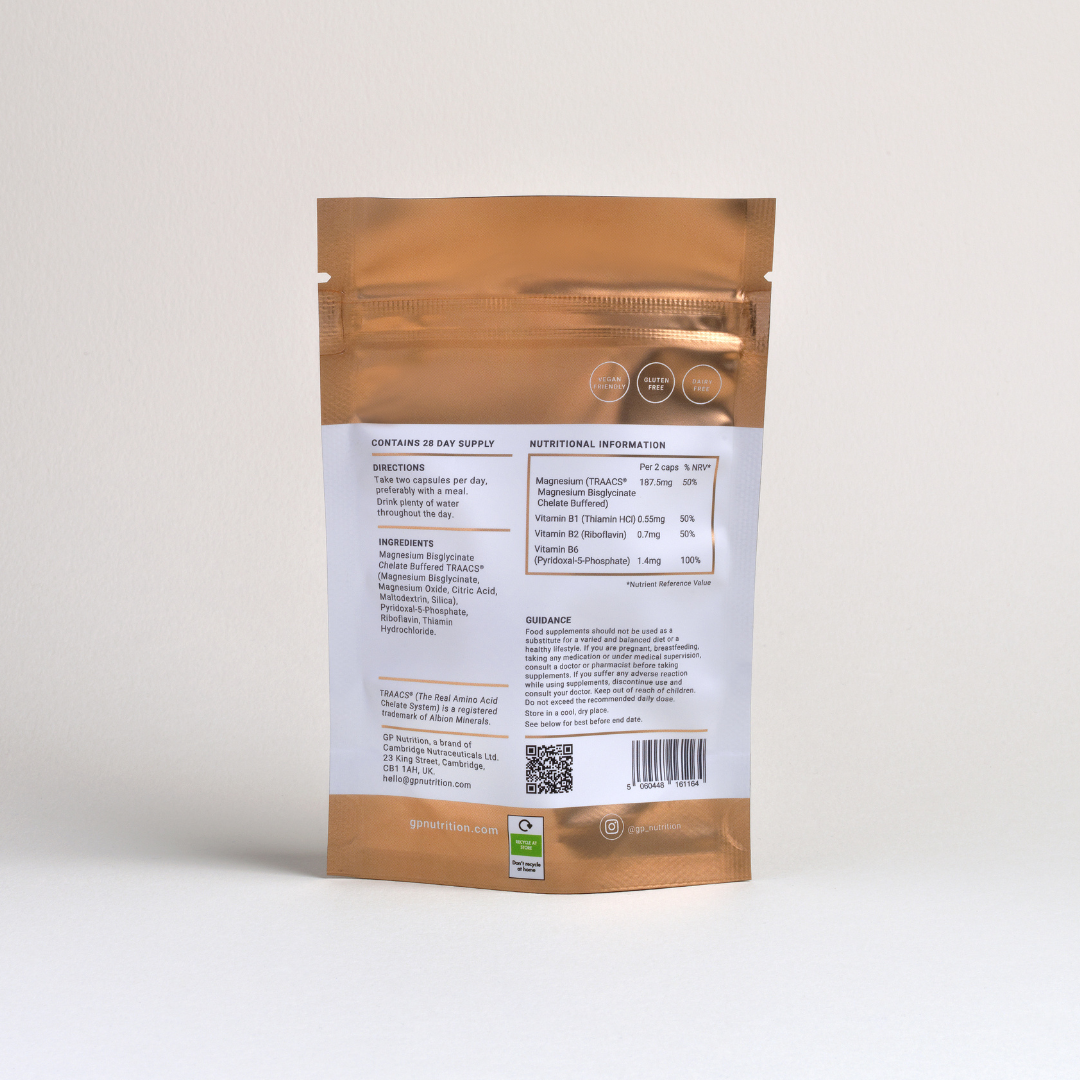
Leave a comment
All comments are moderated before being published.
This site is protected by hCaptcha and the hCaptcha Privacy Policy and Terms of Service apply.